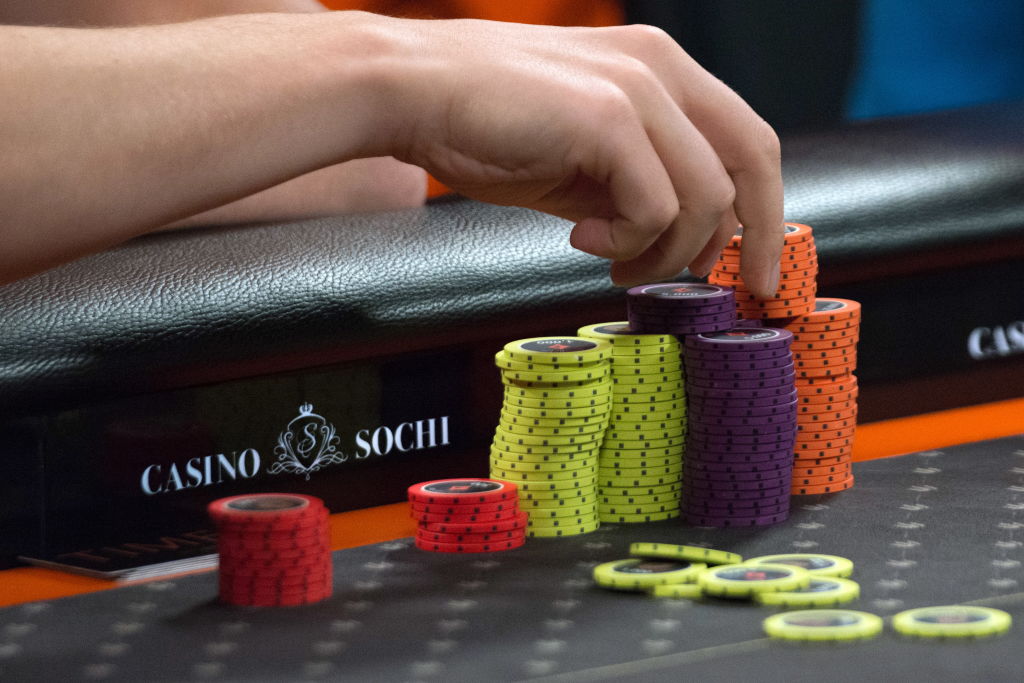Does our brain really know when to hold ’em and know when to fold ’em?
Sridevi Sarma, a biomedical engineering professor at the Johns Hopkins University Whiting School of Engineering and member of its Institute for Computational Medicine, has led a team that found out why humans decide to “up the ante” even if a positive outcome is a long shot.
The study will be published later this week in the journal Proceedings of the National Academy of Sciences.
After they implanted electrodes into their brains, Researchers tested subjects using a computer card game that had an infinite deck that featured card values 2, 4, 6, 8, and 10 only. The implants allowed scientists to monitor the test subjects brain activity in real time, as decisions were made.
Participants would bet low ($5 bucks) or high ($20) when dealt a face up card. The computer’s card was face down. Researchers found that, even though participants had an equal chance or receiving any card, they made their decision based on prior bets.
Medical Xpress explains: “On examining neural signals recorded during all four stages of the game, Sarma’s team found a predominance of high-frequency gamma brain waves. They were even able to localize these signals to particular structures in the brain. It turns out that these regions—excluding any implicated in drug-resistant epilepsy—were associated positively or negatively with risk-taking behavior.”
“When your right brain has high-frequency activity and you get a gamble, you’re pushed to take more of a risk,” said Pierre Sacré, a postdoctoral fellow at Johns Hopkins, who co-led the study. “But if the left side has high-frequency activity, it’s pulling you away from taking a risk. We call this a push-pull system.”
Researchers are hoping to use these findings to also extrapolate on how and why soldiers make high-pressure combat decisions.
Thanks for reading InsideHook. Sign up for our daily newsletter and be in the know.


















